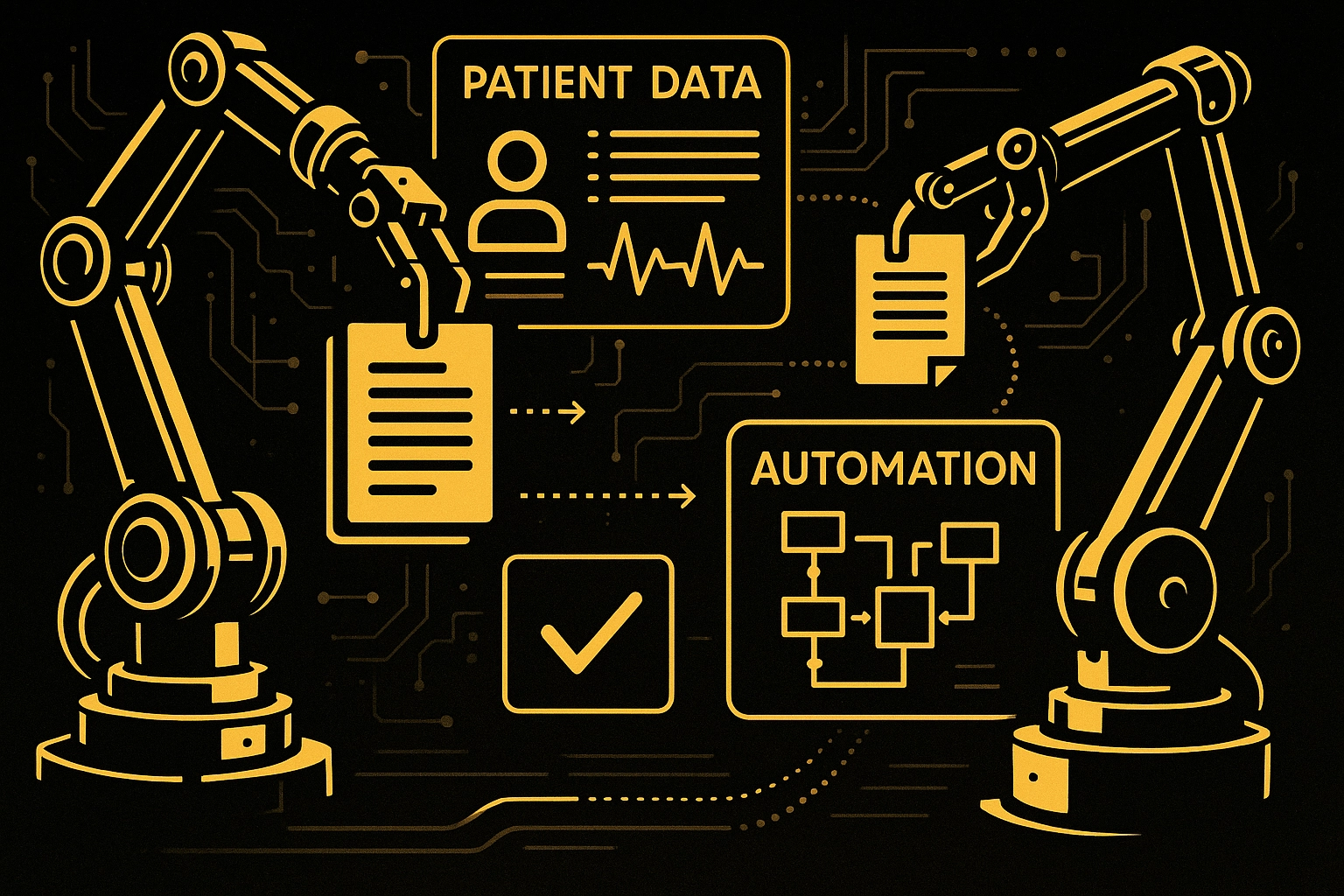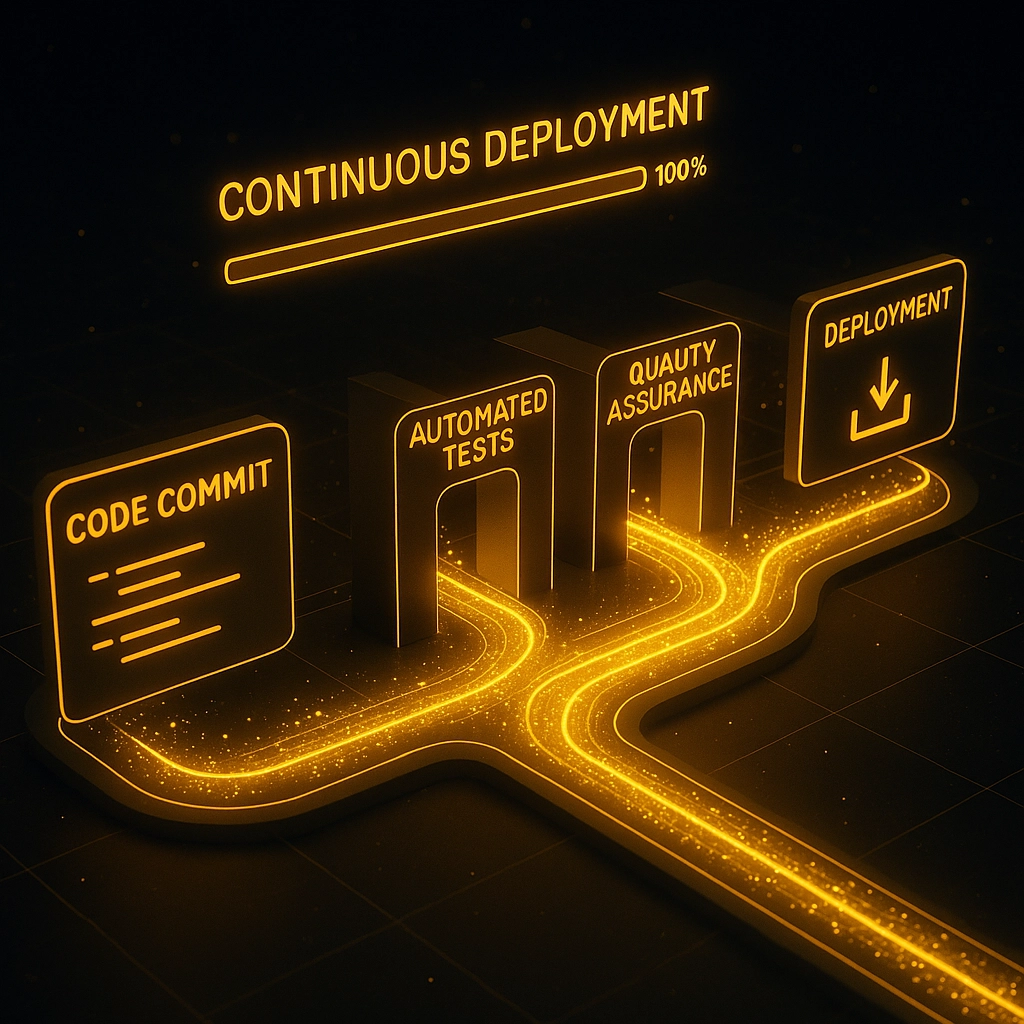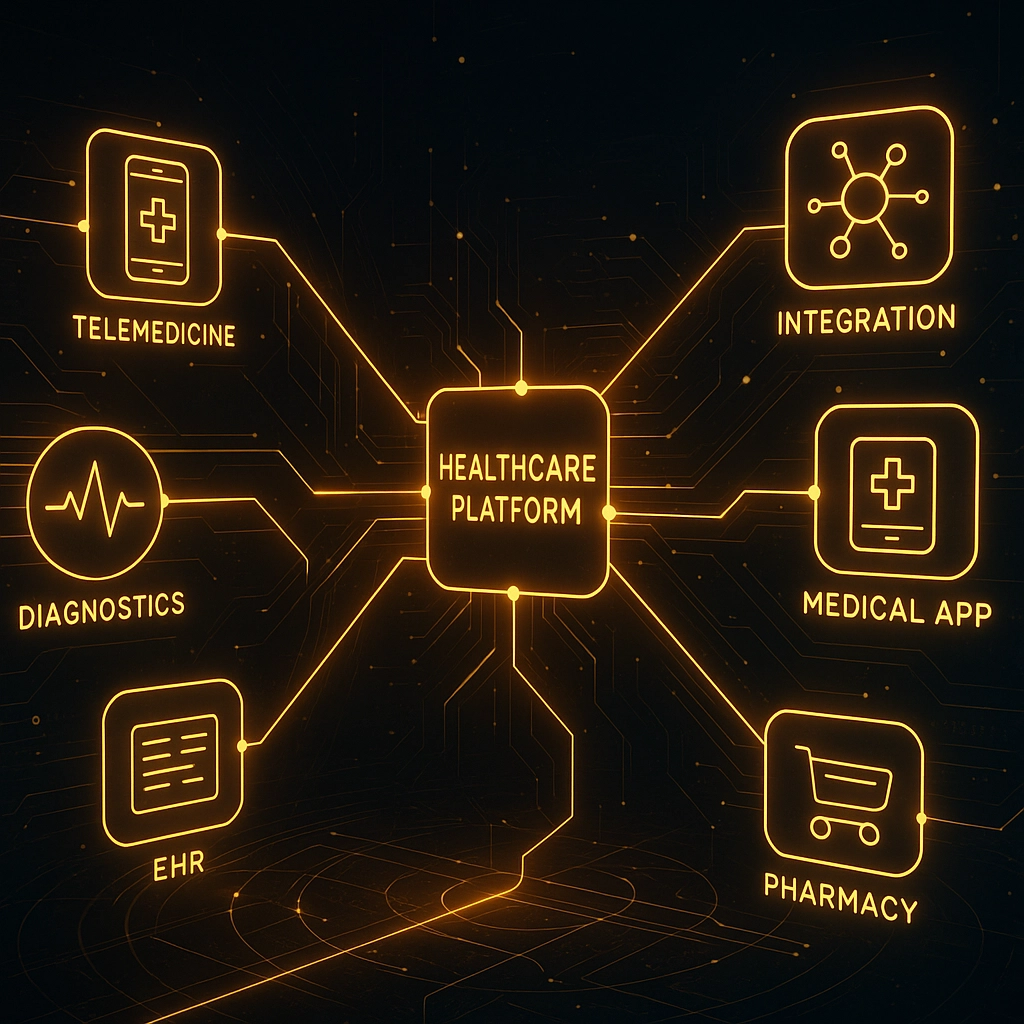How to Scale Your HealthTech Startup Without Hiring a Single Traction Team Member
Every HealthTech founder faces the same dilemma: how do you scale rapidly without burning through capital on expensive hires? The traditional approach of throwing bodies at growth problems simply doesn't work in today's competitive landscape: especially when you're dealing with the complex regulatory environment of healthcare technology.
The secret isn't in finding the perfect team members; it's in building systems that scale themselves. Here's how successful HealthTech startups are achieving exponential growth while keeping their teams lean and their burn rates manageable.
Automate Your Infrastructure Before You Need It
The biggest mistake most HealthTech startups make is waiting until they're overwhelmed to implement scalable infrastructure. By then, you're already behind and scrambling to hire DevOps engineers and system administrators just to keep the lights on.
Cloud-first architecture isn't just a buzzword: it's your lifeline. Platforms like AWS and Google Cloud provide automatic scaling that responds to demand without human intervention. When your wellness app suddenly sees a 300% spike in usage (which happens more often than you'd think), your infrastructure scales seamlessly without requiring emergency hires or midnight crisis calls.

Microservices architecture becomes your secret weapon here. Instead of managing one massive application that requires a full team to maintain, you break your system into smaller, independent services. Each service can scale individually based on demand. Your patient data processing might need more resources during peak hours, while your billing system runs consistently throughout the day. This approach eliminates bottlenecks without requiring specialized engineers for each component.
Turn Manual Processes Into Intelligent Automation
Every manual process in your HealthTech startup is a future hiring decision. Patient onboarding that requires human intervention? That's a customer success hire waiting to happen. Manual compliance reporting? Say hello to your next regulatory specialist.
The most successful HealthTech companies identify these manual bottlenecks early and automate them completely. Automated patient intake systems can handle complex medical histories, insurance verification, and initial health assessments without human involvement. AI-powered chatbots manage routine patient questions, schedule appointments, and provide basic health information: tasks that would typically require a customer service team.
Compliance automation is particularly crucial in HealthTech. HIPAA compliance, data encryption, security audits, and regulatory reporting can all be automated through intelligent systems. Instead of hiring compliance officers, you invest once in robust automated systems that maintain compliance as you scale.

Deploy Smart CI/CD Pipelines for Zero-Touch Development
Traditional development cycles require QA teams, DevOps engineers, and release managers. Smart HealthTech startups eliminate these roles through comprehensive automated testing and deployment pipelines.
Continuous Integration and Continuous Deployment (CI/CD) systems test every code change automatically, deploy updates seamlessly, and rollback problematic releases without human intervention. Your development team can focus on building features instead of managing deployments and testing cycles.
This is especially critical in HealthTech where bugs aren't just inconvenient: they're potentially dangerous. Automated testing catches issues that could affect patient care before they reach production. You get faster releases, higher quality software, and better patient outcomes without expanding your development team.
Leverage Data Intelligence Instead of Human Analysis
Most HealthTech startups hire data analysts, business intelligence specialists, and growth marketers to make sense of their metrics. Smart companies build intelligence directly into their systems instead.
Automated analytics platforms can track patient engagement patterns, identify churn risks, optimize treatment protocols, and predict revenue trends without human analysis. Machine learning algorithms spot patterns that human analysts might miss, while providing actionable insights that drive growth decisions automatically.

Patient retention becomes predictable when AI identifies early warning signs of disengagement. Revenue optimization happens automatically when intelligent systems adjust pricing, features, and engagement strategies based on real-time data. Growth marketing runs itself when algorithms optimize ad spend, content delivery, and user acquisition channels continuously.
Build Strategic Partnerships Instead of Internal Capabilities
Rather than hiring specialists for every function, successful HealthTech startups create strategic partnerships that provide specialized capabilities on-demand. Need laboratory integration? Partner with existing lab networks instead of building internal capabilities. Require telemedicine functionality? Integrate with established platforms rather than developing from scratch.
These partnerships provide enterprise-level capabilities immediately without the overhead of hiring, training, and managing specialized teams. You get best-in-class functionality while maintaining the agility of a lean startup.
Optimize Revenue Models for Predictable Growth
Unpredictable revenue forces hiring decisions based on hope rather than data. HealthTech startups that achieve sustainable scaling without team expansion focus obsessively on revenue predictability before attempting to scale operations.
Subscription models provide predictable monthly recurring revenue that enables accurate growth planning. Usage-based pricing scales automatically with customer success: your most engaged patients generate more revenue without requiring additional service resources. Value-based care models align your revenue with patient outcomes, creating sustainable growth that doesn't depend on volume-based scaling.

Create Self-Service Patient Experiences
Every patient support request is a potential customer service hire. The most scalable HealthTech platforms minimize support needs through intelligent self-service experiences that anticipate patient needs and provide solutions automatically.
Comprehensive knowledge bases powered by AI can answer complex health questions, guide patients through treatment protocols, and troubleshoot technical issues without human intervention. Interactive health assessments provide personalized recommendations that would typically require clinical staff consultation.
Design for Regulatory Compliance at Scale
Regulatory compliance becomes exponentially more complex as you scale, typically requiring specialized legal and compliance staff. Forward-thinking HealthTech companies build compliance into their core systems architecture instead.
Automated audit trails, built-in consent management, real-time security monitoring, and compliance reporting systems handle regulatory requirements automatically. When auditors come knocking, your systems generate comprehensive compliance reports instantly without requiring legal teams to compile information manually.

The Compound Effect of Smart Scaling
Each of these strategies creates a compound effect. Automated infrastructure reduces the need for DevOps hires. Intelligent patient experiences minimize customer service needs. Smart analytics eliminate business intelligence roles. Strategic partnerships provide specialized capabilities without internal team expansion.
The result isn't just cost savings: it's sustainable competitive advantage. While competitors burn capital on expensive hires and struggle with team coordination challenges, lean HealthTech startups move faster, adapt quicker, and focus resources on what actually drives patient outcomes and business growth.
Your Next Steps
Start with one area where manual processes are creating bottlenecks. Automate that completely before moving to the next challenge. Build intelligence into every system you deploy. Create partnerships instead of hiring specialists. Design for scale from day one, not as an afterthought.
The HealthTech startups winning today aren't the ones with the biggest teams: they're the ones with the smartest systems. In a industry where patient outcomes matter more than team headcount, intelligent automation isn't just a cost-saving strategy; it's the foundation of sustainable HealthTech success.
